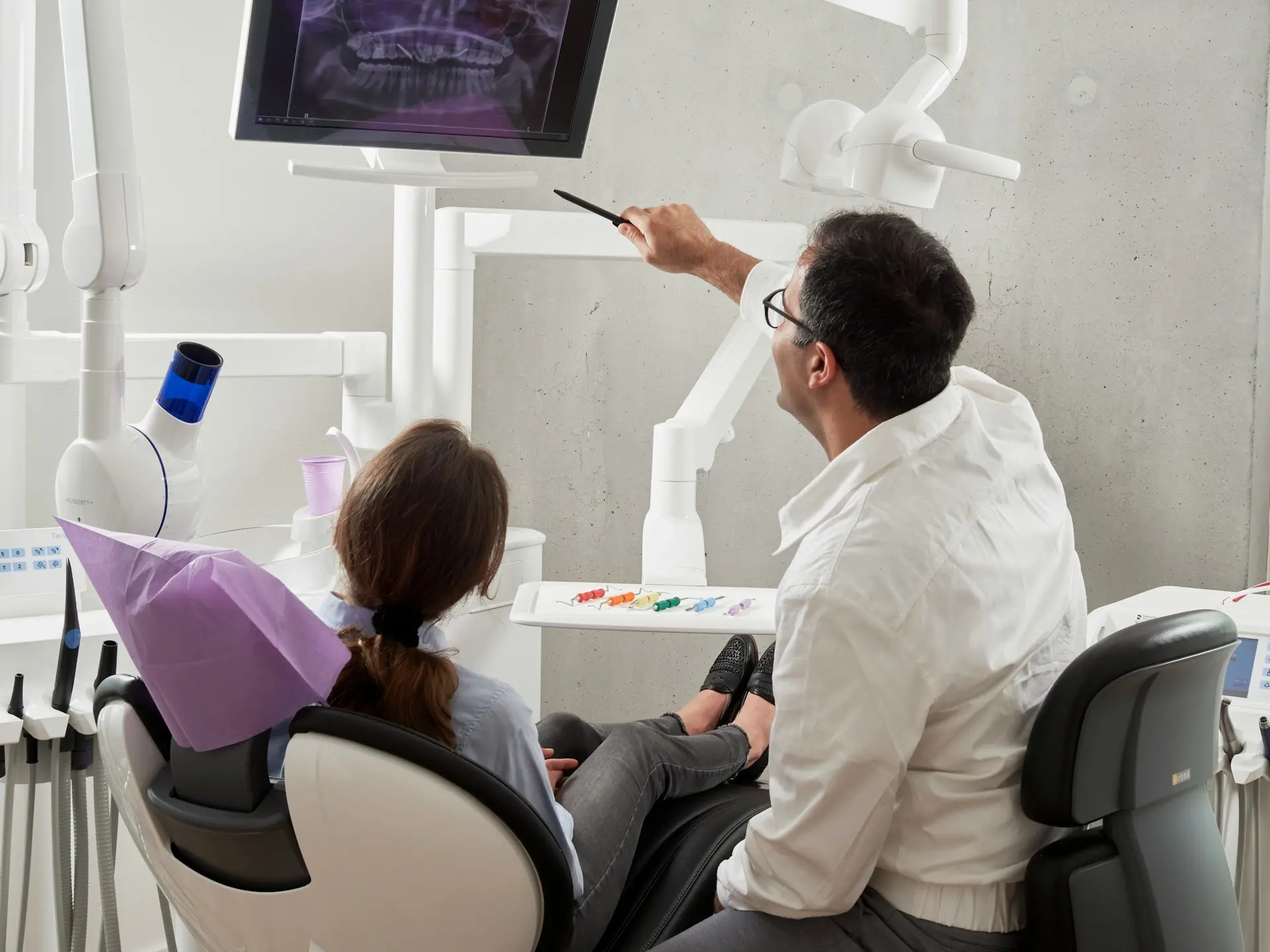Better Lab Management
Whether in a research facility or a hospital, a laboratory is vital for making discoveries and developing solid conclusions. For a lab to function optimally, it has to be well managed.
Unfortunately, lab management skills are often an afterthought to those using it hence many labs, though well equipped, tend to be in disarray.
Management skills are crucial for any career, especially for a scientist handling delicate and volatile chemicals and equipment in a lab. Your lab management should be superb with good planning, organization, and leadership.
The following are some tips you can use for better lab management:
Improve Leadership
The most crucial element of management is undoubtedly leadership. Therefore, if you want to have better lab management, you should improve your leadership skills. You will have to make decisions that will affect the entire lab, and good choices will improve the lab’s management.
Good decision-making is not enough as your subordinates will also have to be good leaders when you are not there. You will have to teach other lab staff to make good decisions for the lab and themselves. If a lab has excellent leadership, good management is assured.
Using Specialist Apps Such as Colabra
Another important aspect of lab management is data and project management. The amount of information that a lab develops can be overwhelming, and it is vital to ensure the data is well managed.
Moreover, most labs have people working together on various projects requiring special programs or applications. Colabra is a tool that can help with project and data management.
It offers direct cloud access for all lab members, which can significantly improve your R&D. It also provides inventory management which is very beneficial to lab management. Such specialist apps can help integrate workflows, making your lab very efficient.
Improve Communication
As stated above, labs often have many people working together on various projects. Therefore, they need to communicate, and effective communication is a seminal element of good lab management. As the lab leader or its member, it is crucial to foster open communication in the lab.
The people working in the lab should never be out of touch with another. When there is such a disconnect, it will become challenging to get everyone in the lab on the same page, and chaos will surely ensue. Regular communication among lab staff, whether about criticisms or opportunities for improvement, should be promoted.
Better Organization
Organization in a lab is paramount, and becoming more organized will lead to better lab management. A lab often involves many moving parts, and as the leader, you should know how to best put the pieces together for the best results. The first part of better organization is knowing every lab element well. Ensure every person in the lab works on tasks best suited to their skillset.
Better organization also applies to lab materials and equipment. You should have a descriptive inventory system that automatically updates itself whenever something is used. Data analytics can help tremendously with organization. If you can become better organized, the management of your lab will improve dramatically.
Budgeting
No lab can function without the necessary funding, making budgeting an essential element of lab management. For better lab management, it would be best to optimize your budget. Ensure that all the necessary components are getting enough money.
You should also eradicate the waste of funds as it will ruin the lab. A budget will help you with financial allocation but the discipline to stick to the budget is paramount.
Being a lab manager is a daunting challenge. It would be best if you did everything to ensure that your lab is managed as effectively as possible. The above tips should help with that. Apply them to your current management process and see how much they help you improve.



